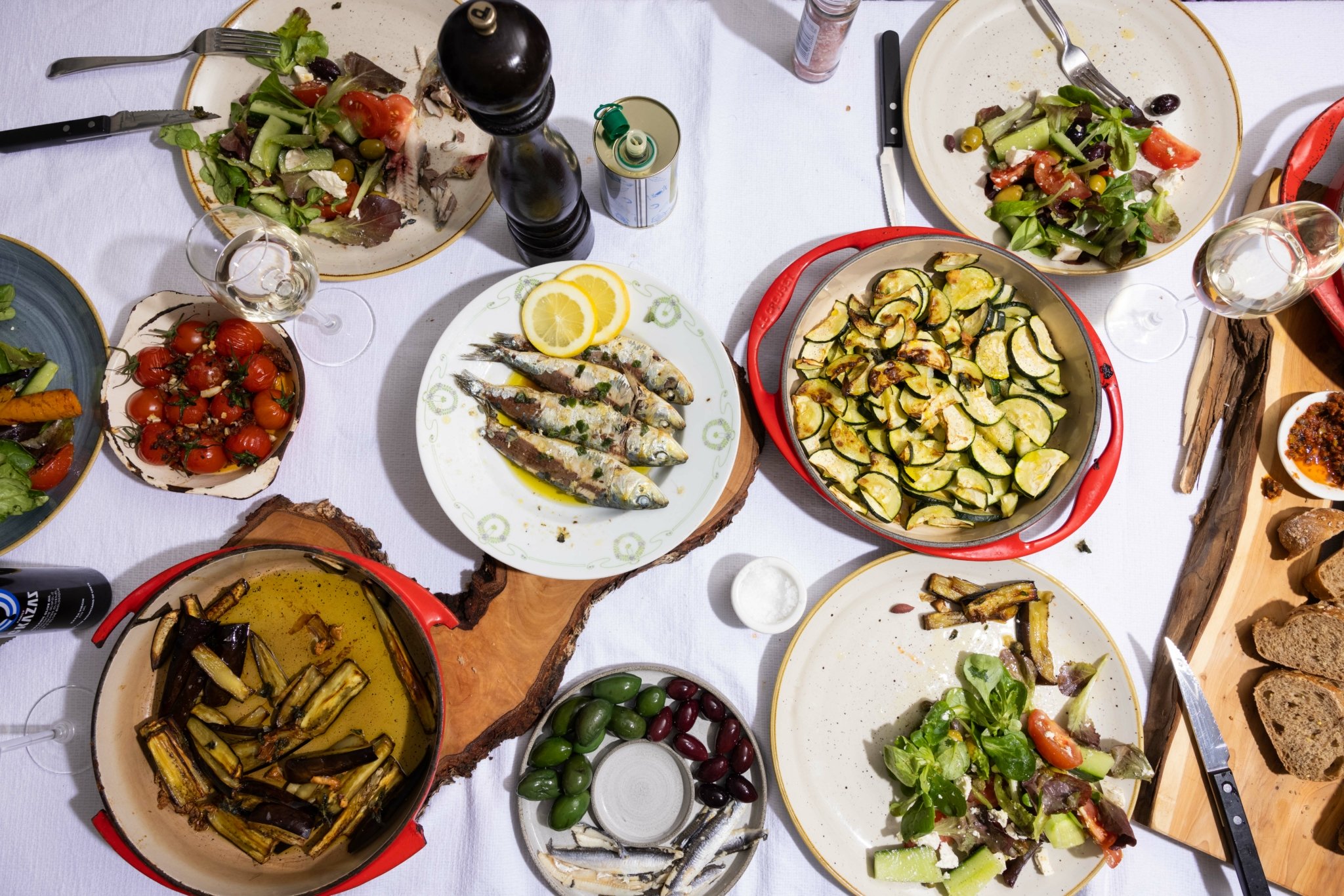You often read that there are saturated and unsaturated fats. Extra virgin olive oil, for example, contains a lot of unsaturated fats. But what does that actually mean? After all, in both cases you’re talking about fat — and isn’t fat unhealthy? Let’s explain.
The difference between saturated and unsaturated fats
Put simply, saturated fats are the bad fats, while unsaturated fats are the good ones. Here’s a handy way to remember it: unhealthy saturated fats solidify at room temperature. You’ll find saturated fats in cookies, cakes, chips, and many animal products like meat, cheese, and butter. About 10% of our extra virgin olive oil consists of these saturated fats. Too much saturated fat is not good for your body, as it can raise cholesterol levels in the blood.

Unsaturated fats are the healthy fats. Another trick: these fats stay liquid at room temperature—just like extra virgin olive oil. To make it a little more complex, there are two types of unsaturated fats: monounsaturated and polyunsaturated fats. Extra virgin olive oil contains about 70% monounsaturated fats and about 8% polyunsaturated fats.
You can find these fats in vegetable oils like extra virgin olive oil, as well as in sunflower oil and flaxseed oil. They’re also found in nuts and fatty fish. Well-known essential fatty acids such as Omega-3 and Omega-6 also fall under unsaturated fats. These are beneficial for your health — they support your immune system, reduce joint pain, and help prevent inflammation. Olive oil doesn’t contain a lot of omega-3 fatty acids (just 1%). And since many people have a deficiency in omega-3, we recommend getting it from other sources such as fatty fish (like salmon, mackerel, and herring) and nuts. Omega-6 fatty acids (10%) are more present in olive oil. Compared to saturated fats, they have the opposite effect on cholesterol: they lower it.

Unsaturated fats also provide essential fatty acids. These are fats that the body cannot produce on its own but are necessary for good health. That’s why we need to get them through our diet. There are various types of unsaturated fats, such as linoleic acid and fish-derived fatty acids. These have positive effects on your heart and blood vessels. That’s why health authorities recommend eating fish at least once a week.
Unsaturated fats in extra virgin olive oil
Every drop of our extra virgin olive oil contains antioxidants and essential omega-3 and omega-6 fatty acids. Antioxidants protect tissues and cell DNA from free radicals. Omega-3 fatty acids can positively influence your cholesterol levels and boost your immune system. What’s more, the unsaturated fats in our olive oil are easier for the body to burn than saturated fats. That’s important—because despite its healthy properties, olive oil still contains calories. Want to know more about why our olive oil is healthy?
















